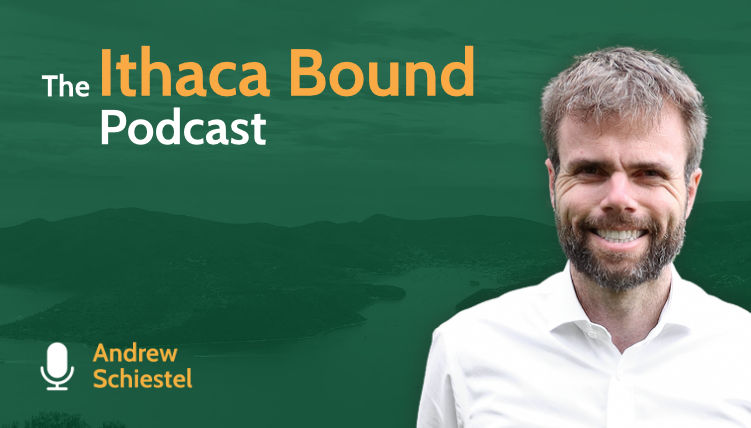Olympia, Greece, is where the ancient Olympic Games began. Dr Judith Barringer, Professor of Greek Art and Archaeology, The University of Edinburgh, joins the show to discuss Olympia’s ancient history.
Some topics explored
- Where Olympia is and its associated terrain
- What Olympia was used for
- When the ancient Olympic Games are believed to begin
- Olympia as a site for festivals, sporting events, worship, and public meetings
- What present-day Olympia is comprised of today
- If Olympia was ever inhabited
- The nearby polis (city-state), Elis
- The Roman travel writer, Pausanias
- What prayer restrictions existed in ancient Olympia
- Greek deities that were worshipped
- Votive offerings, sacrifices, and oracular practices at Olympia
- Kronos Hill
- Olympia’s relationship to Greek deities such as Zeus and Hera
- Myths of how the Olympic Games began: Heracles founding the games in honour of his father, Zeus; Zeus founding the games in honour of his father; a Elis hero named Pelops
- What scholars believe was the start of the Olympic Games
- The Olympic Games beginning in 776 BC
- Interactions that Alexander I of Macedon and Augustus (Octavian) of Rome had with Olympia
- Statues at Olympia
- Other Greek deities that were worshipped in Olympia
- The earliest evidence of worship (i.e., 11th century BCE) and the earliest evidence of occupation (i.e., 26th century BCE)
- When Olympia was occupied until (i.e., 8/9th century AD)
- Olympia being being rediscovered by Richard Chandler in the 18th century
- Why athletes competed and what they could receive if victorious (including a wreath made from an olive tree)
- Restrictions on people competing at the ancient games, including women, and those that weren’t from a Panhellenic state
- Heraean Games—An athletic competition that girls competed at
- The number of people that are believed to have visited ancient Olympia at any given time
- How Olympia changed after the Romans gained hegemony of the area in Antiquity, including what the Romans had constructed on the site
- What occurred with the ancient Olympic Games after Roman Emperor Theodosius I issued his decree, Cunctos populos (Edict of Thessalonica)
- How long the ancient Olympic Games are believed to have gone until
Listen to the episode
The episode can be streamed below and is available on major podcast apps: Apple Podcasts, Spotify, and Amazon Music.
Show Notes
- Dr Barringer is author of numerous books including Olympia: A Cultural History (Princeton University Press)


Comments are closed, but trackbacks and pingbacks are open.